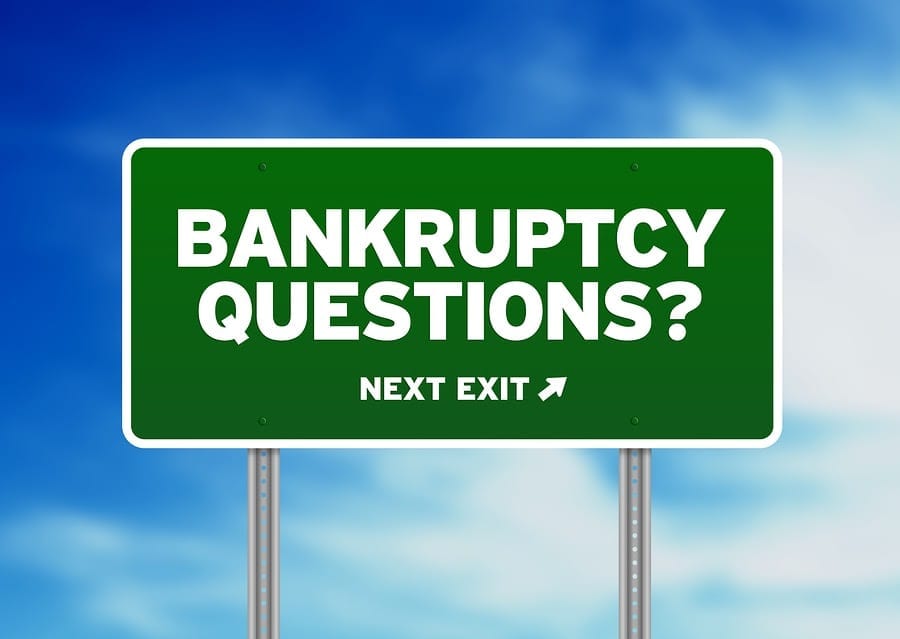Although the word bankruptcy may not sound appealing at first, there are many advantages of filing bankruptcy. This article will concentrate on the often overlooked income tax advantage of filing Consumer Bankruptcy. Outside of the bankruptcy realm, if a debt is forgiven or deemed uncollectible for less than the full amount due and owing, the debt is considered “canceled” in the amount that remains unpaid. In accordance with IRS Publication 4681 pertaining to Canceled Debts, Foreclosures, Repossessions and Abandonments, the canceled debt triggers form 1099-C by the creditor and must be reported by the borrower as ordinary income on Federal and State tax returns.
For example, if an individual or married couple abandons property or engages in a short sale of real estate and the real estate is worth $100,000.00 but subject to a mortgage of $150,000.00, the 1099-C would increase the borrowers’ taxable income by $50,000.00. In this example, like many cases we see, the original debt(s) is converted to an IRS tax debt. For a creditor, the tax implications of a 1099-C are most desirable because although the 1099-C results in a taxable gain to the borrower, the creditor enjoys a taxable loss in the year the 1099-C was issued.
A 1099-C commonly stems from a creditor in the event of:
- Discounts and Loan Modifications
- Short Sales
- Deed in Lieu of Foreclosure
- Home Foreclosures
- Vehicle Repossessions
- Abandonment of Property
- Unpaid medical, credit cards and personal loan debt
The Good News
Any cancellation of debt is dischargeable in Chapter 7 or Chapter 13 Bankruptcy if the borrower(s) files the subject Bankruptcy prior to the issuance of a 1099-C by a Creditor. Meaning, any debt derived from the above list would not be subject to taxation and the total debt, not just the canceled debt, would be made part of the Bankruptcy matter. Accordingly, if someone is considering a Chapter 7 or Chapter 13 Bankruptcy, it is most important to consult with an experienced bankruptcy lawyer before any taxable income implications arise.
Sadek Bankruptcy Law Offices is based in Philadelphia, Pennsylvania and has six offices throughout Pennsylvania and New Jersey. Sadek Bankruptcy Law Offices offers a free initial consultation with a lawyer to discuss your financial situation. You may call us 24/7 at 215-545-0008 or 856-890-9003.
“We look forward to helping you.”





